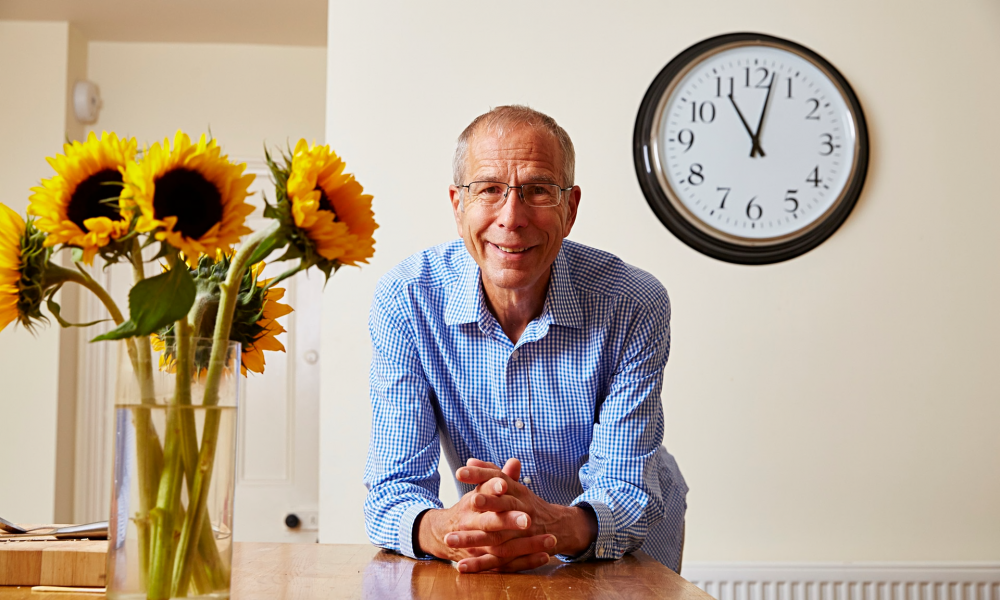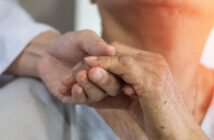Getting to sleep before a big day is never going to be simple. But it can be much easier if you manage your sleep (and your children’s sleep) beforehand. Honorary Associate, Dr Paul Kelley, is an expert in circadian and memory neuroscience, and given his top tips on how to wind-down before the big day:

Honorary Associate, Dr Paul Kelley
Start your preparations early
“Prepare yourself for a good night’s sleep, starting in the morning, by going for a walk outside, even if the weather is bad. Eat simple foods that suit your digestion, remember to drink water, and to stop drinking coffee or tea in the afternoon.
“Take some exercise before the evening if you can.”
Caffeine – save it for mornings
“In the evening, stay clear of both stimulants and depressants. Stimulants, such as coffee, tea, drugs that claim to keep you awake, and smoking, will make sleep far more challenging. Equally, trying to force yourself to sleep using alcohol and sleeping drugs will disrupt sleep itself. However, if you have been taking medication that has stimulant or depression side effects, keep to your regular routine.”
The last two hours before sleep are the most important
“During this time don’t watch any screens, including computers, television, and smartphones.
Blue light has an alerting effect that disrupts sleep, which has been proven by Harvard University in many research studies. Avoid exercise and eating too. You want to participate in activities that are restful; you could chat with someone, listen to music, read, or have a bath or shower. Some of us even relax through cooking or housework. Others just stroke their cat, dog, or partner.
OU research into effective study times
“These tips also apply to current students. If you are studying with the OU, you can chose the time you study, and our research has looked at how students can identify the best times for cognitive performance. The research revealed that most university students study more effectively from 11:00am – 9.30 pm than at other times of the day.
“However, as every OU student is different, the researchers made it possible for individual students to discover their best times for cognitive activities. Their research shows a very important factor in deciding when you should study is to identify whether you are a morning or evening person.”
If you want to discover your best times to study, take this survey (recording your answers to the 24-hour questions though) and compare yourself to other university students’ best times.
Find out more
Find out your natural sleep/wake patterns by taking Dr Paul Kelley’s latest sleep survey.
Dr Paul Kelley’s new book on body clocks examines sleep, education and work.
Find out why teenagers’ health could improve if they start school later.



